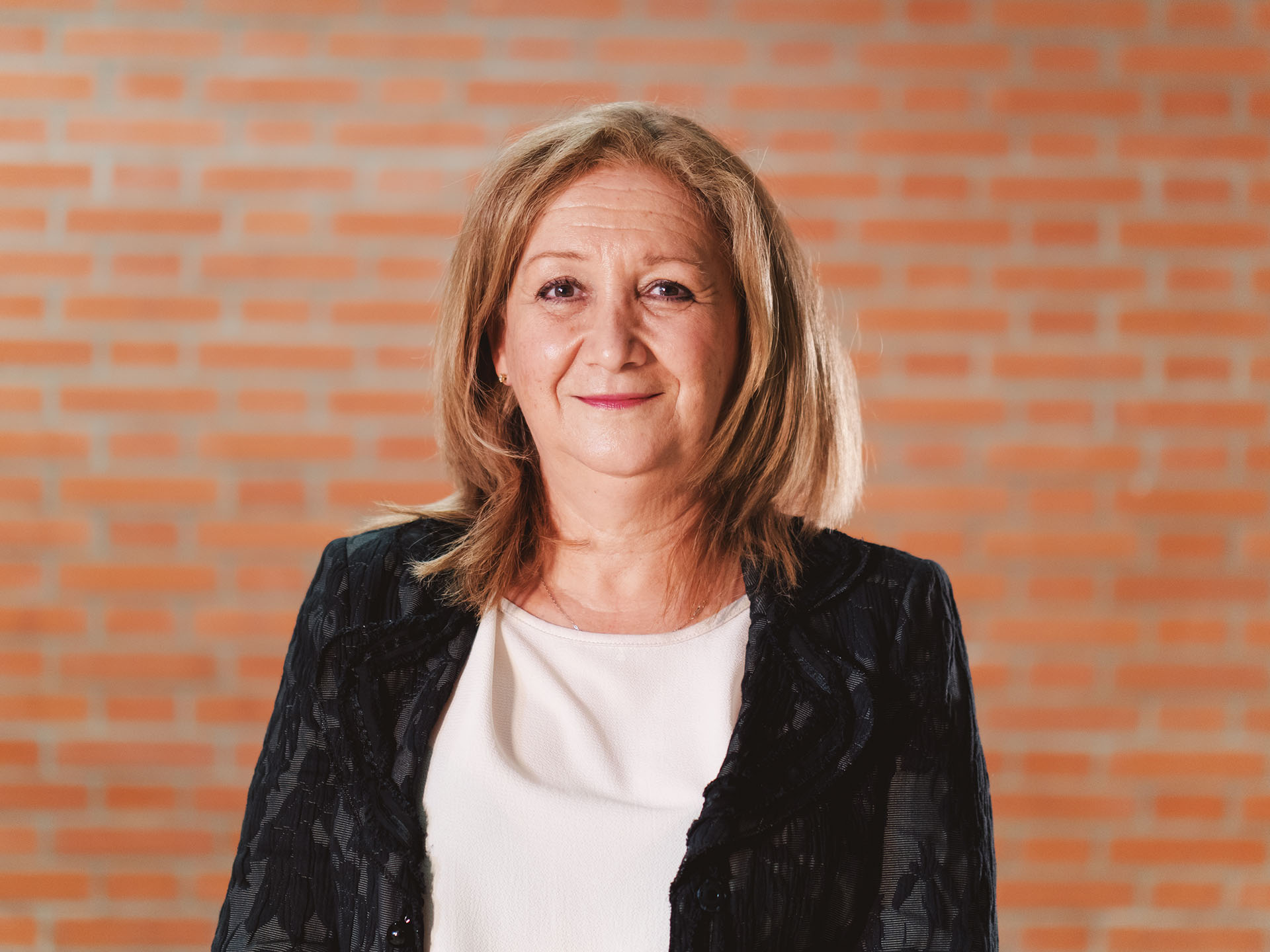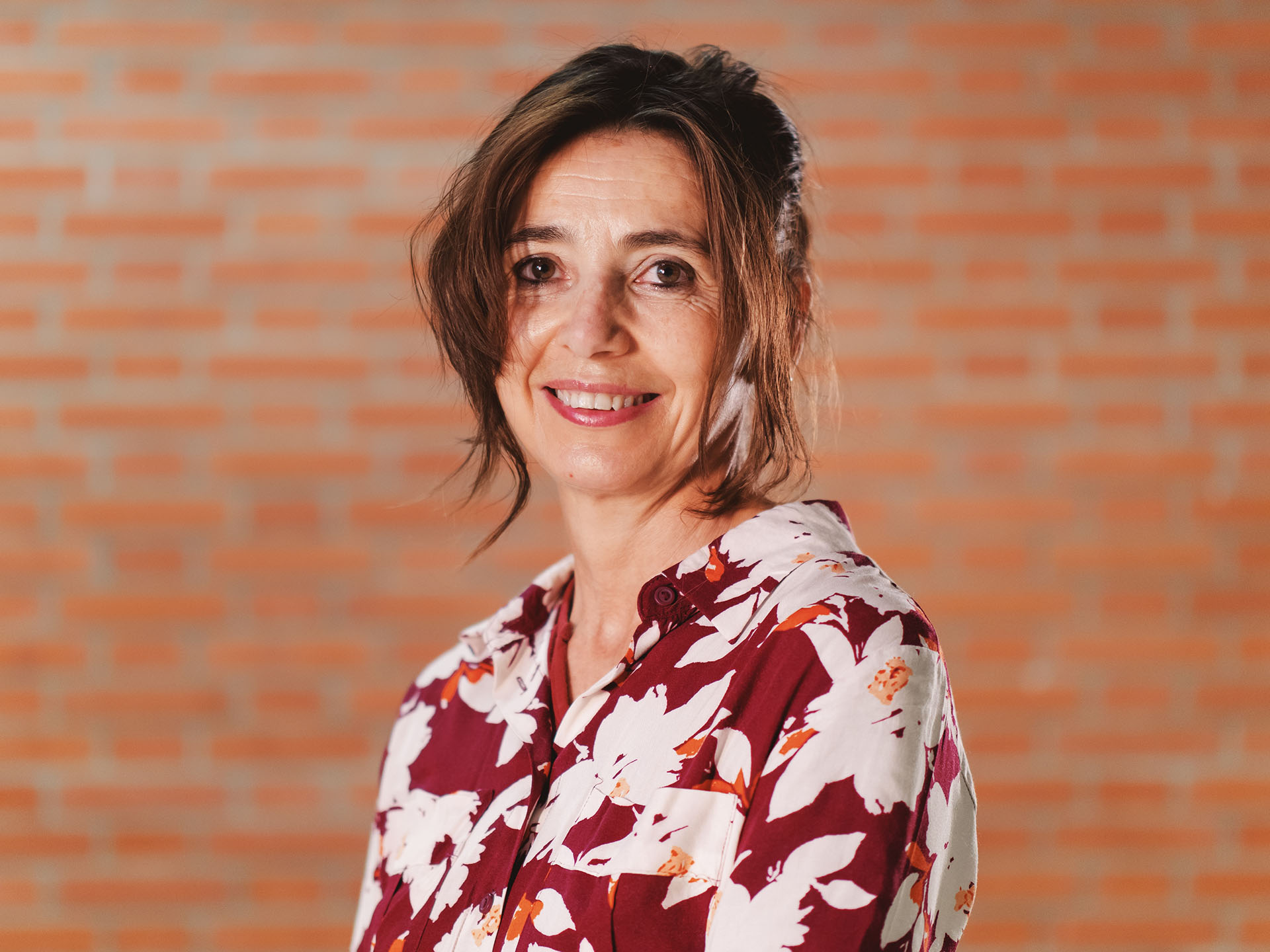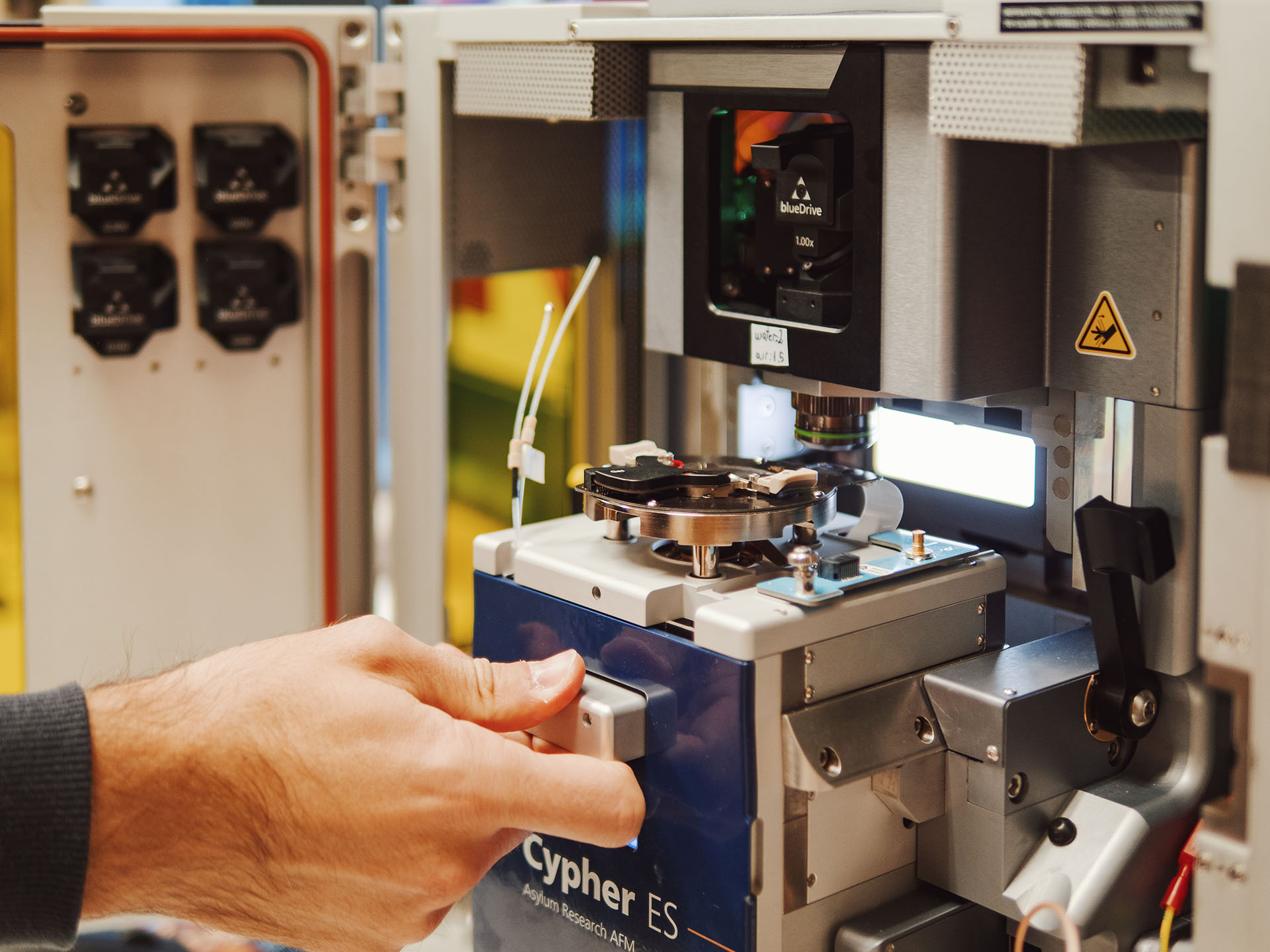Portable electronic tongue based on potentiometric nano-biosensors for the analysis of milk. Validation and calibration with other techniques using machine learning methods.
Funding entity:

Total project budget: 180.000 €
Start date: 01/01/2022
End date: 31/12/2025
Principal investigators:


Mª Luz Rodríguez Méndez
Full professor in Inorganic Chemistry
Cristina García Cabezón
Associate professor in Materials Science and Metallurgical Engineering
Number of participating researchers: 5
The aim of this interdisciplinary project, involving experts in sensors, materials and milk, is to use nanoscience and nanotechnology to implement a potentiometric electronic language dedicated to milk analysis. The novelty of the project lies in this electronic language (nano-Etongue), made up of nanosensors and/or nanobiosensors connected to pattern recognition software using artificial intelligence methods. Different strategies will be used to improve the performance of the system: new nanomaterials to improve sensitivity, new technologies such as the MIP technique to increase selectivity and the use of enzymes to improve specificity towards significant compounds present in dairy products. The project will start with the development of these methods for the preparation of these new sensors and the evaluation of their response to chemical markers of milk quality. The best performing sensors will then be selected and combined to form a system. The validation of the system will be carried out with samples of several categories of milks (UPH milk, raw milk and milks with preservatives, adulterants and antibiotic residues) that will be provided by Calidad Pascual. In parallel, standard physico-chemical measurements and other more specific measurements by FTIR, NIR, RAMAN will be carried out. Mathematical models will be established between the signals obtained by the electronic tongue and the chemical parameters, linking them to a new chemometric treatment by means of artificial intelligence techniques will allow strategies to be established to select the best sensors, implement the work methodology and finally validate the electronic measurement system. As a result of the project, an attempt will be made to develop a portable prototype of an electronic tongue to analyse the quality of milk “in-situ” on farms and at Calidad Pascual’s facilities. The results of the project will provide the basis for a cost-effective, real-time, in-situ, easy-to-use milk quality control method that could be applied inside and outside a quality control laboratory facility.


